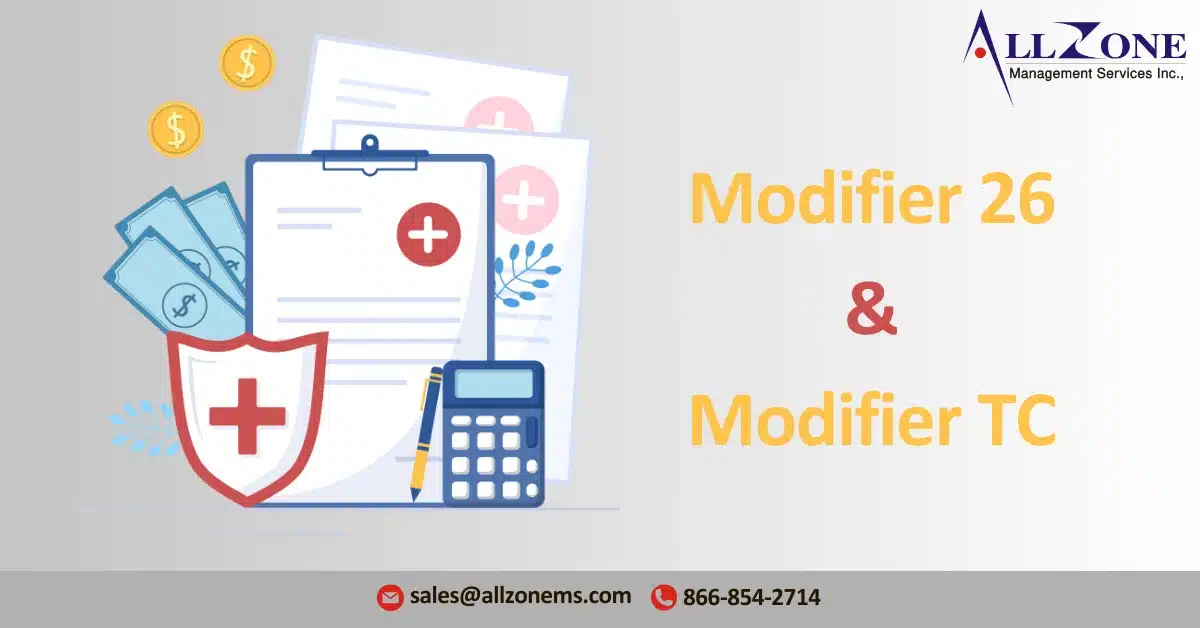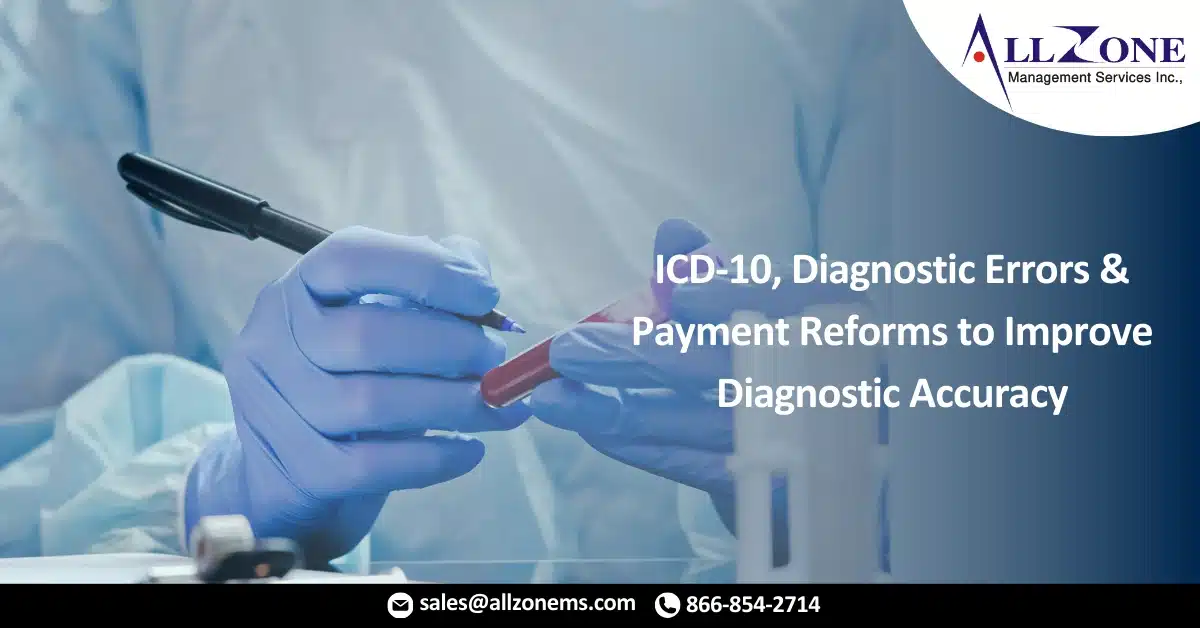In the realm of healthcare billing and coding, modifiers are crucial tools used to provide additional context and specificity to procedure and diagnosis codes. These modifiers help healthcare providers accurately communicate the nature of services rendered to payers. Two commonly used modifiers, Modifiers 26 and Modifier TC, play significant roles in clarifying billing practices and […]
A domestic medical billing audit is an operation that inspects and estimates the value and dependability of clinical documentation and the overall medical billing process. This technique closely examines health records upheld by the practice and evaluates medical billing data presented to the payers to make sure that the practice picks out, observes, and rectifies […]
The healthcare industry holds hidden potential for improved revenue and streamlined operations. Charge capture audits act as your key to unlock these hidden treasures. Similar to explorers seeking buried riches, healthcare organizations can embark on a quest for financial stability through these audits. This guide will explain charge capture audits, help you identify hidden opportunities, […]
Presently, healthcare professionals face growing administrative demands alongside their patient-focused duties. A pivotal challenge among these is medical coding, essential for various reasons. It ensures adherence to billing standards impacting reimbursements, meets quality metrics established by healthcare entities and insurers, and guarantees precision in diagnoses recorded for billing purposes. Yet, the task of accurate coding […]
In October 2015, physicians across the United States transitioned from the International Statistical Classification of Diseases and Related Health Problems, Ninth Revision to the tenth revision (ICD-10-CM, the US version of the World Health Organization [WHO] ICD-10). Although the ICD-10-CM was a new concept for physicians in the United States, the international variant has been available since […]





